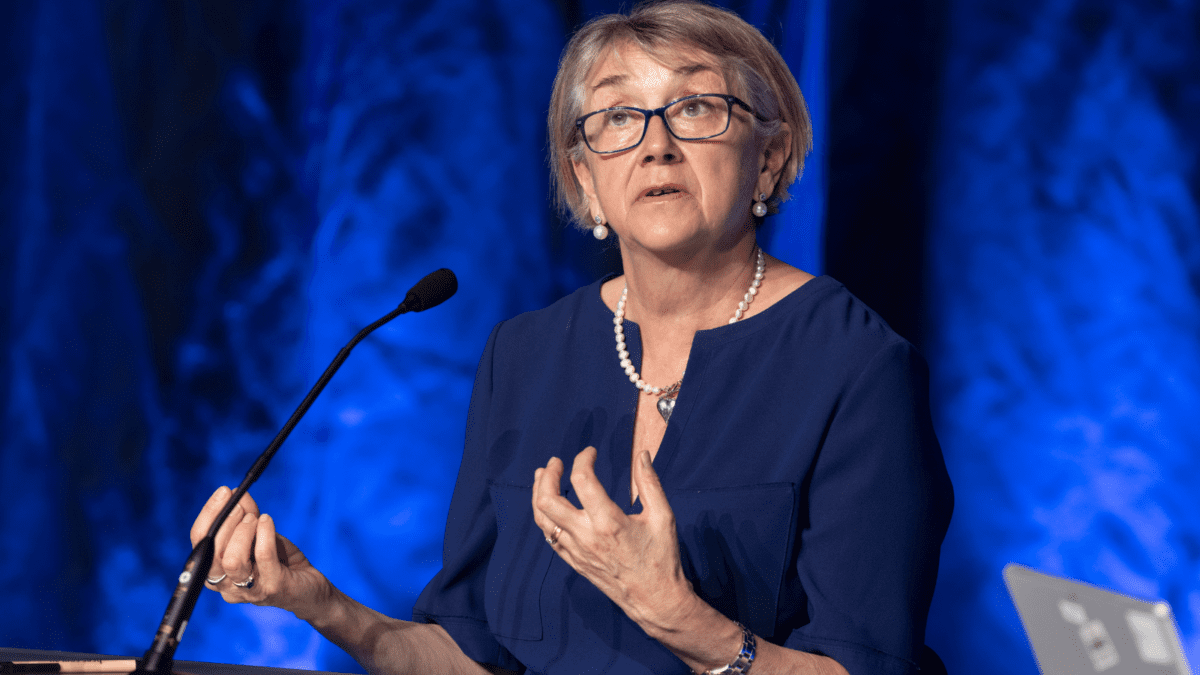Super expenses debate misses the forest for the trees
A $423 million marketing spendathon. Super funds splash member cash. A marketing blitz.
These were the headlines that accompanied the release of APRA’s long awaited superannuation expenses data, which measured not only how much funds were shelling out in investment fees but also how much they were spending on marketing, advertising and administration – the table from which that $423 million figure is sourced.
It is possible to come up with a different way of looking at that figure. $423 million is roughly 0.0169 per cent of the total $2.5 trillion APRA-regulated superannuation assets; a drop in a drop in the ocean.
Like all data, you can make APRA’s do almost anything. The $423 million figure is either evidence that super funds are spending too much or evidence that they’re spending barely anything. But both views fail to engage substantively with the question of whether any of that spending is in members’ best financial interests – a question that cannot be answered with data alone (putting to one side the fact that APRA’s data is not as granular as it claims).
The justification for spending money on advertising and marketing is that it encourages members to join a fund at a time when scale is a marker (for the regulator) of legitimacy. But, at an industry level, that justification isn’t supported by the data; even as marketing expenditure has increased, aggregate member switching activity has declined (data courtesy of the Conexus Institute). We can be simplistic and chalk this one up as a point against, though it’s possible that other data shows different or that marketing might work well to retain members (this is the principle behind car advertisements – to affirm a decision rather than trigger one).
But, as mentioned previously, even if that data did exist it wouldn’t answer the question of whether advertising spending is in members’ best financial interests, because a question remains about whether the desired outcome of that spending is in members’ best financial interests.
We arrive again at the question of whether scale is in members’ best financial interests.
The permanently bad AustralianSuper app on my phone suggests it’s not a silver bullet, and that being able to spread expenses across a larger member base does not guarantee that annual statements will be delivered in a timely fashion. And yet almost every fund persists with investment in its own growth without matching investment in its own capabilities; in the military metaphor, pushing your troops forward without making sure they are adequately supplied.
But there are benefits to scale, or should be, and perhaps a better way of looking at the APRA expenses data is where super funds aren’t spending money. Sponsoring a football team without investing in the app? Red card. Putting the brand on trams and buses without knowing how many duplicate accounts are on the books? Naughty corner. And so on.
It’s inevitable that superannuation funds will have to spend more of their members’ money to service them properly. Hopefully, the next lot of headlines will read: Super funds in multi-billion-dollar admin blitz.











